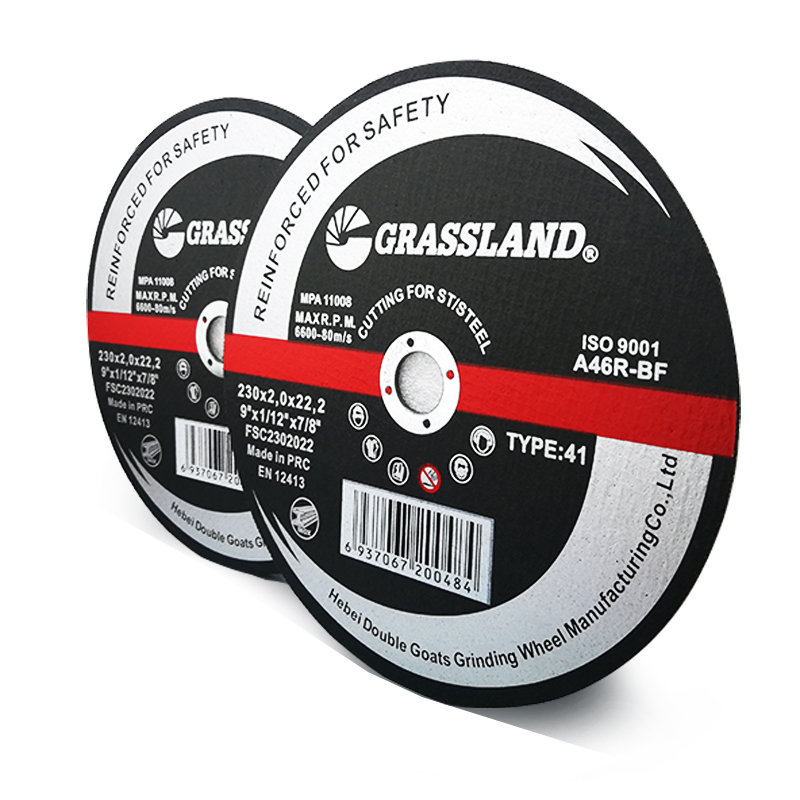The Versatility and Effectiveness of Rotary Flap Discs
In the realm of surface finishing and material removal, rotary flap discs have emerged as one of the most efficient and versatile tools available for professionals across multiple industries. Whether for grinding, sanding, or polishing, these discs have revolutionized both the quality of work and the speed of processes, making them indispensable in metalworking, woodworking, and surface preparation.
Understanding Rotary Flap Discs
At their core, rotary flap discs consist of overlapping flaps of abrasive material that are adhered to a backing plate. This construction allows for uniform abrasive exposure, leading to consistent sanding or grinding results. The flaps are typically made from materials such as aluminum oxide, zirconia, or ceramic, ensuring that these discs are not only durable but also capable of handling various materials, including metals, wood, and composites.
Rotary flap discs come in various grits, allowing users to select the appropriate disc based on their specific needs—ranging from coarse grits for heavy material removal to finer grits for finishing touches. This flexibility makes flap discs a go-to solution for professionals who require precise results.
Advantages Over Traditional Abrasives
One of the most significant advantages of rotary flap discs is their efficiency. They remove material more quickly than traditional sanding products, which can lead to shorter project completion times. Additionally, the design of flap discs reduces the risk of overheating the workpiece, promoting a cooler operation that minimizes warping or damage to sensitive materials.
Moreover, rotary flap discs provide a greater surface area than conventional discs, leading to improved performance and longevity
. Users can expect more consistent results over extended use, which is crucial for maintaining high standards in craftsmanship. This durability not only enhances the quality of work but also translates to less frequent replacements, ultimately reducing costs.rotary flap disc

Applications Across Industries
The versatility of rotary flap discs has made them a mainstay in various sectors. In metalworking, they are used for tasks such as deburring, weld preparation, and surface finishing. Their effectiveness on a range of metals, from stainless steel to aluminum, makes them an invaluable tool for fabricators and welders.
In woodworking, rotary flap discs are essential for shaping and finishing wooden surfaces. Craftsmen appreciate their ability to smooth edges and create a polished finish without damaging the wood. The ability to work on intricate details adds to the appeal for carpenters and furniture makers.
Furthermore, rotary flap discs are beneficial in surface preparation for coatings and paint applications. The discs effectively remove rust, scale, and old paint, ensuring that surfaces are properly primed for new finishes. This versatility extends to other industries, including automotive, aerospace, and construction, where surface preparation is vital.
Choosing the Right Rotary Flap Disc
When selecting a rotary flap disc, users should consider several factors to ensure they pick the right one for their project. Grit size plays a critical role; coarser grits are ideal for aggressive material removal, while finer grits are suited for finishing tasks. Additionally, the material of the abrasive flaps can influence performance—ceramic materials are often favored for high-pressure tasks due to their self-sharpening properties.
Conclusion
In conclusion, rotary flap discs are a technological advancement in the world of abrasives that offers unmatched versatility and efficiency. Their ability to perform multiple tasks effectively makes them a staple in various sectors, enhancing not only productivity but also the quality of work produced. As industries continue to evolve, the demand for reliable and effective tools like rotary flap discs will undoubtedly grow, solidifying their place as a go-to solution for professionals seeking excellence in surface finishing.
Post time:Oct - 01 - 2024

















